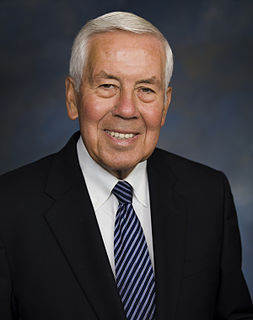A Quote by Madeleine de Souvre, marquise de Sable
It is such a great fault to talk too much that, in business and conversation, if what is good is also brief, it is doubly good, and one gains by brevity what one often loses by an excess of words.
Related Quotes
To handle yourself, use your head; to handle others, use your heart. Anger is only one letter short of danger. If someone betrays you once, it is his fault; if he betrays you twice, it is your fault. Great minds discuss ideas; average minds discuss events; small minds discuss people. He who loses money, loses much; he who loses a friend, loses much more; he who loses faith, loses all.
Children who wish to become good and great men or good and noble women, should try to know well all the people whom they meet. Thus they will find that there is no one who has not much of good; and when they see some great folly, or some meanness, or some cowardice, or some fault or weakness in another person, they should examine themselves carefully. Then they will see that, perhaps, they too have some of the same fault in themselves - although perhaps it does not come out in the same way - and then they must try to conquer that fault.
Our senses perceive no extreme. Too much sound deafens us; too much light dazzles us; too great distance or proximity hinders ourview. Too great length and too great brevity of discourse tends to obscurity; too much truth is paralyzing.... In short, extremes are for us as though they were not, and we are not within their notice. They escape us, or we them.
It [the Civil War] was a heroic struggle; and, as is inevitable with all such struggles, it had also a dark and terrible side. Very much was done of good, and much also of evil; and, as was inevitable in such a period of revolution, often the same man did both good and evil. For our great good fortune as a nation, we, the people of the United States as a whole, can now afford to forget the evil, or, at least, to remember it without bitterness, and to fix our eyes with pride only on the good that was accomplished.
China is a great nation that offers the world a great culture, so many good things. I love the Chinese people and I hope there is the possibility of having good relations. We're in contact, we talk, we are moving forward but for me, to have as a friend a great country like China, which has so much culture and has so much opportunity to do good, would be a joy.
I am, I must confess, suspicious of those who denounce others for having too much sex. At what point does a healthy amount become too much? There are, of course, those who suffer because their desire for sex has become compulsive; in their case the drive (loneliness, guilt) is at fault, not the activity as such. When morality is discussed I invariably discover, halfway into the conversation, that what is meant are not the great ethical questions but the rather dreary business of sexual habit, which to my mind is an aesthetic rather than an ethical issue.
A scholar's business is to add to what is known. That is all. But it is capable of giving the very greatest satisfaction, because knowledge is good. It does not have to look good or even sound good or even do good. It is good just by being knowledge. And the only thing that makes it knowledge is that it is true. You can't have too much of it and there is no little too little to be worth having. There is truth and falsehood in a comma.
I affirm that gain is precisely that which comes oftener to the bad man than to the good; for illegitimate gains never come to the good at all, because they reject them. And lawful gains rarely come to the good, because, since much anxious care is needful thereto, and the anxious care of the good man is directed to weightier matters, rarely does the good man give sufficient attention thereto. Wherefore it is clear that in every way the advent of these riches is iniquitous.
Not just any talk is conversation; not any talk raises consciousness. Good conversation has an edge: it opens your eyes to something, quickens your ears. And good conversation reverberates: it keeps on talking in your mind later in the day; the next day, you find yourself still conversing with what was said. That reverberation afterward is the very raising of consciousness; your mind's been moved. You are at another level with your reflections.






























